Information, Free Full-Text
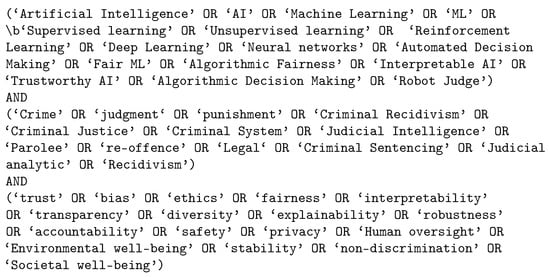
Artificial Intelligence (AI) can be very beneficial in the criminal justice system for predicting the risk of recidivism. AI provides unrivalled high computing power, speed, and accuracy; all harnessed to strengthen the efficiency in predicting convicted individuals who may be on the verge of recommitting a crime. The application of AI models for predicting recidivism has brought positive effects by minimizing the possible re-occurrence of crime. However, the question remains of whether criminal justice system stakeholders can trust AI systems regarding fairness, transparency, privacy and data protection, consistency, societal well-being, and accountability when predicting convicted individuals’ possible risk of recidivism. These are all requirements for a trustworthy AI. This paper conducted a systematic literature review examining trust and the different requirements for trustworthy AI applied to predicting the risks of recidivism. Based on this review, we identified current challenges and future directions regarding applying AI models to predict the risk of recidivism. In addition, this paper provides a comprehensive framework of trustworthy AI for predicting the risk of recidivism.

How do I find full-text scholarly articles in my subject? - FAQ - Library Guides at University of Washington Libraries

Information, Free Full-Text
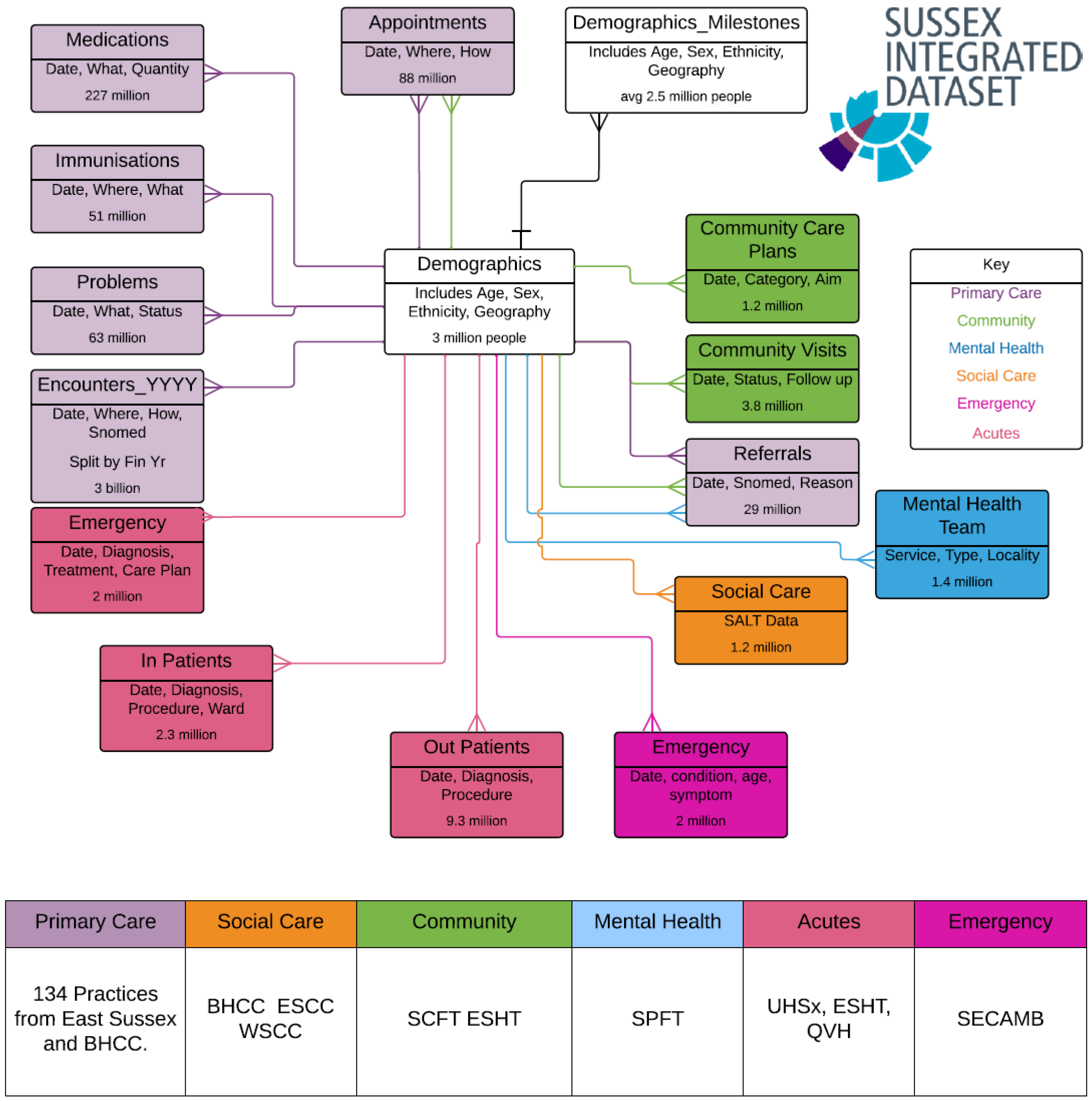
Information, Free Full-Text
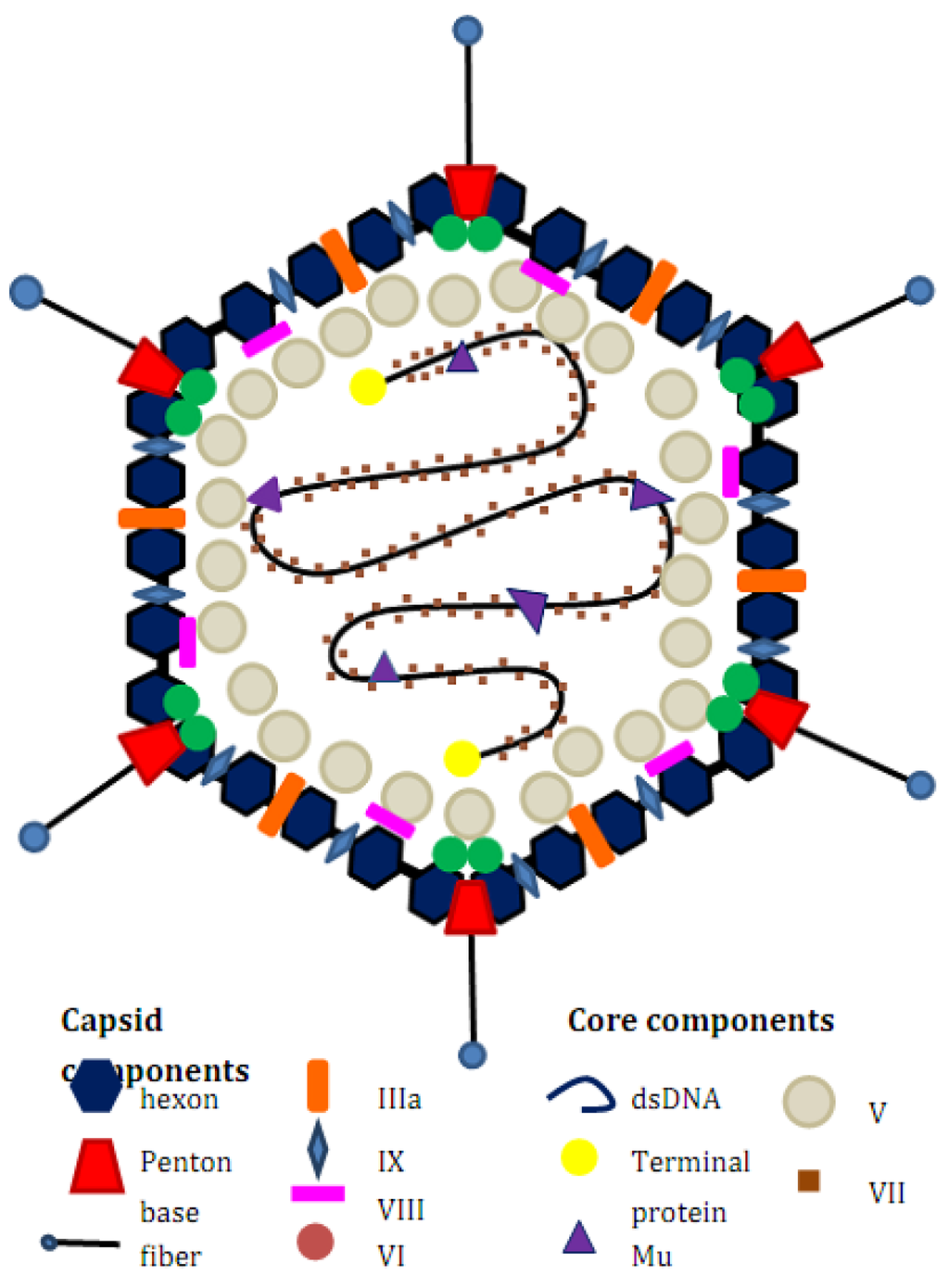
Information, Free Full-Text, hana hana no mi techniques

The Best Proofreading & Editing Software (To Use In 2023)
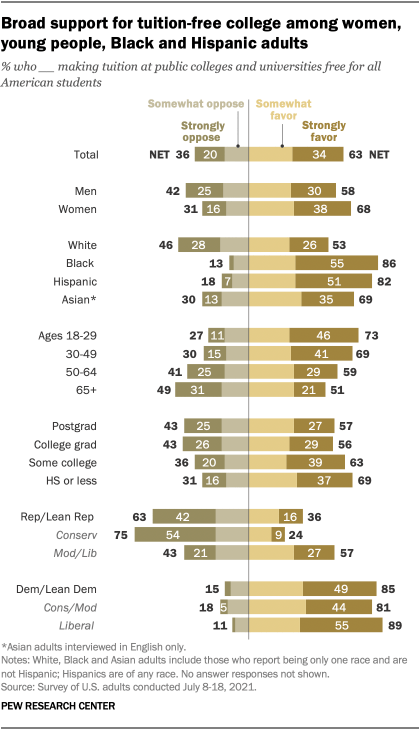
Democrats strongly favor tuition-free college, GOP divided by age and education

PDF) Social Media and the Scourge of Visual Privacy

Dimensions - free version

Free writing software: 24 tools to help you create content

Users can't see free/busy information after a mailbox is moved to Microsoft 365 - Exchange
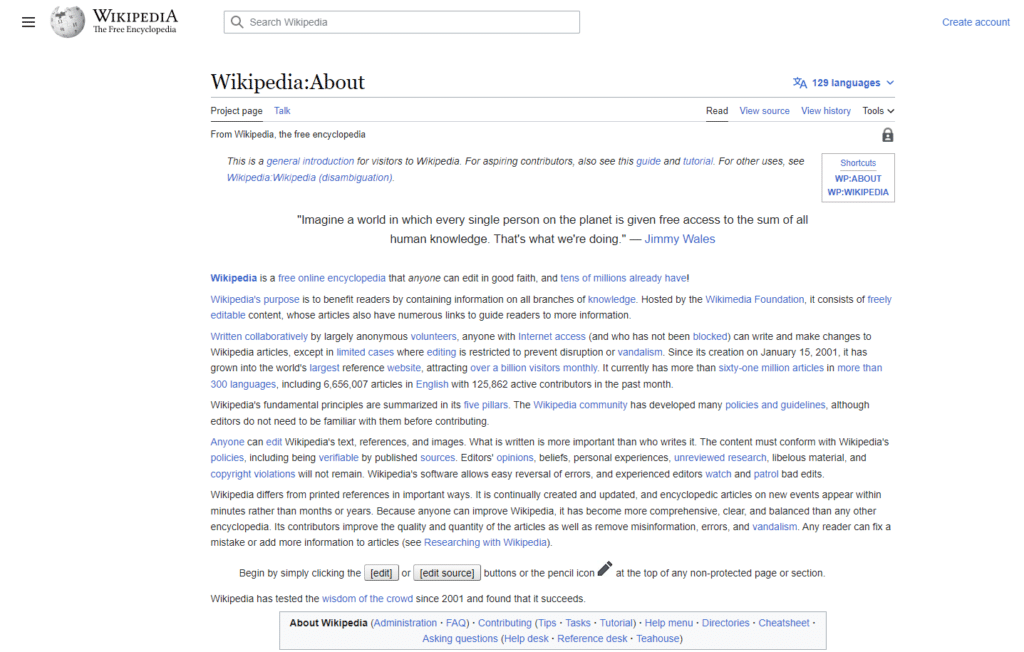
6 Supposedly Reputable Sources That Aren't What They Seem to Be
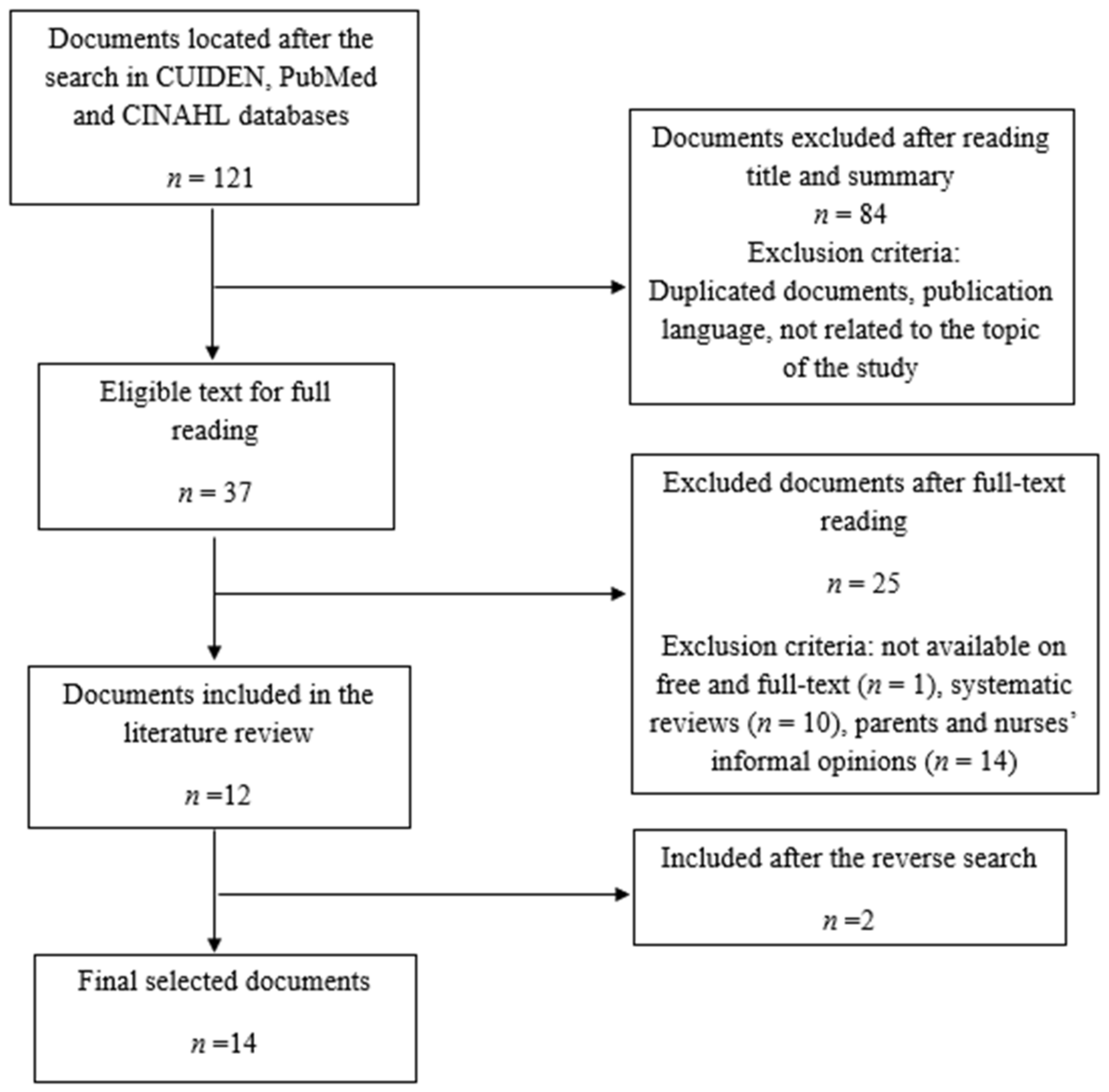
Information, Free Full-Text, purpose game anatomia